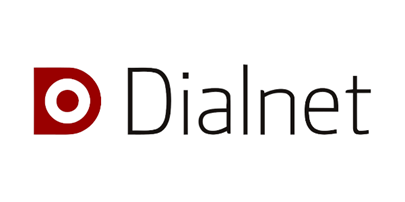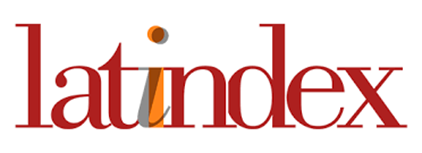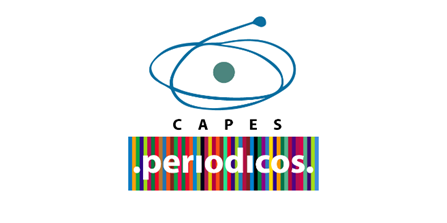STRUCTURAL WAYS OF GOVERNING THE INTERNET –THE BRAZILIAN POSITION
DOI:
https://doi.org/10.14210/rdp.v15n1.p177-191Palabras clave:
cyberspace regulation, Cyberlibertarianism, Pathetic Dot TheoryResumen
The article addresses the peculiarities and complexities of the cyberspace regulation, acknowledging, but not endorsing, the utopic ideal of the cyberspace as a no-law virtual territory. It explores the variety of means of regulating people interconnections around the Globe through the Internet. It points up the need of due heteronomous protection of interests and claims linked to the core proposes of the Internet itself, such as those deriving from the freedom of expression and concerns with the right to privacy. The article takes as standing point Lawrence Lessig’s pathetic dot theory about the four forces that design the use of Internet potentialities. It then focuses on the Brazilian current basic cyberspace normative framework and refers it to Lessig’s theory, mentioning challenges yet to be met. It intends to share the Brazilian experience with the large English speaking auditory, pointing out how Brazilian legal framework relates to mainstream academic approach to Internet regulatory issues.
KEYWORDS: cyberspace regulation. Cyberlibertarianism. Pathetic Dot Theory.
Descargas
Citas
BARLOW, John. A Declaration of the Independence of the Cyberspace. In: LUDLOW, Peter. Crypto Anarchy, Cyberstates, and Pirate Utopias. Cambridge: MIT Press, 2001.
CASTELLS, Manuel; CARDOSO, Gustavo (org.). The Network Society: From Knowledge to Policy. Washington, DC: Johns Hopkins Center for Transatlantic Relations, 2005
LESSIG, Lawrence. Code 2.0: Code and Other Laws of Cyberspace. New York: Basic Books, 2006.
LESSIG, Lawrence. The Zones of Cyberspace. Stanford Law Review 48, no. 5, 1996.
MURRAY, Andrew. Information technology law: the law and society. Orxford: Oxford University Press, 2013.
MURRAY, Andrew. Internet regulation. In: Levi-Faur, David (org.). Handbook on the Politics of Regulation. Cheltenham: Edward Elgar Publishing, 2011.
PECK, Patricia. Proteção De Dados Pessoais - Comentários À Lei n. 13.709/2018 (LGDP). São Paulo: Saraiva, 2018.
REIDENBERG, Joel. Lex informatica: The formulation of information policy rules through technology. Tex. L. Rev., 76, 1997.
SUN, Hyojung. Digital Revolution Tamed: The Case of the Recording Industry. Basingstoke: Palgrave Macmillan, 2018.
THE ECONOMIST. The net closes. (2014, March 29).
VAN ALSTYNE, Marshall; BRYNJOLFSSON, Erik. Electronic Communities: Global Villages or Cyberbalkanization?. ICIS 1996 Proceedings. 5, 1996.
Descargas
Publicado
Cómo citar
Número
Sección
Licencia
Na qualidade de autor(es) da colaboração, original e inédita, sobre o qual me(nos) responsabilizo(amos) civil e penalmente pelo seu conteúdo, após ter lido as diretrizes para autores, concordado(amos) com o Regulamento da Revista Eletrônica Direito e Política e autorizo(amos) a publicação na rede mundial de computadores (Internet), permitindo, também, que sua linguagem possa ser reformulada, caso seja necessário, sem que me(nos) seja devido qualquer pagamento a título de direitos autorais, podendo qualquer interessado acessá-lo e/ou reproduzi-lo mediante download, desde que obedeçam os Direitos Autorais.

















